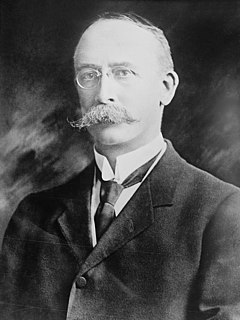A Quote by Peter Orner
I sometimes wonder if our memories are a myth. We think we remember, but we are remembering the story and not the actual event?
Related Quotes
Go back. Go back in time. Everyone's life is a chain of memories. In each chain there are shining links, happenings where this element of wonder...was very strong. Why don't you reach out and relive some of those memories? If you work at it, remembering the wonder can revive your ability to live life as it should be lived.
The happening and telling are very different things. This doesn’t mean that the story isn’t true, only that I honestly don’t know anymore if I really remember it or only remember how to tell it. Language does this to our memories, simplifies, solidifies, codifies, mummifies. An off-told story is like a photograph in a family album. Eventually it replaces the moment it was meant to capture.
I like the idea all memory is fiction, that we have queued a couple of things in the back of our minds and when we call forth those memories, we are essentially filling in the blanks. We're basically telling ourselves a story, but that story changes based on how old we are, and what mood we're in, and if we've seen photographs recently. We trust other people to tell us the story of our lives before we can remember it, and usually that's our parents and usually it works, but obviously not always. And everybody's interpretation is going to be different.
You have your wonderful memories," people said later, as if memories were solace. Memories are not. Memories are by definition of times past, things gone. Memories are the Westlake uniforms in the closet, the faded and cracked photographs, the invitations to the weddings of the people who are no longer married, the mass cards from the funerals of the people whose faces you no longer remember. Memories are what you no longer want to remember.
Now the story of Christ is simply a true myth: a myth working on us the same way as the others, but with this tremendous difference that it really happened: and one must be content to accept it in the same way, remembering that it is God’s myth where the others are men’s myths: i.e., the Pagan stories are God expressing Himself through the minds of poets, using such images as He found there, while Christianity is God expressing Himself through what we call 'real things'.





































